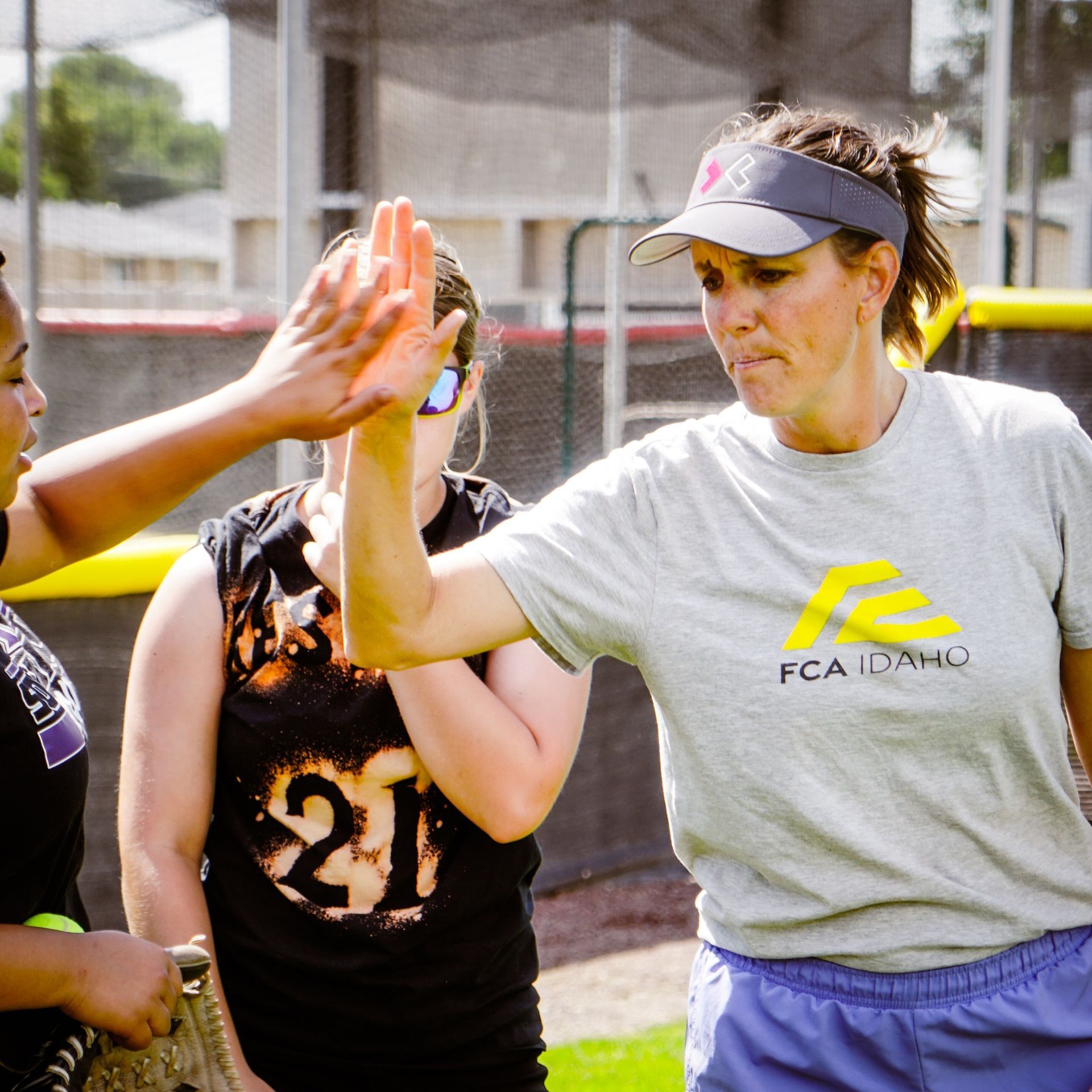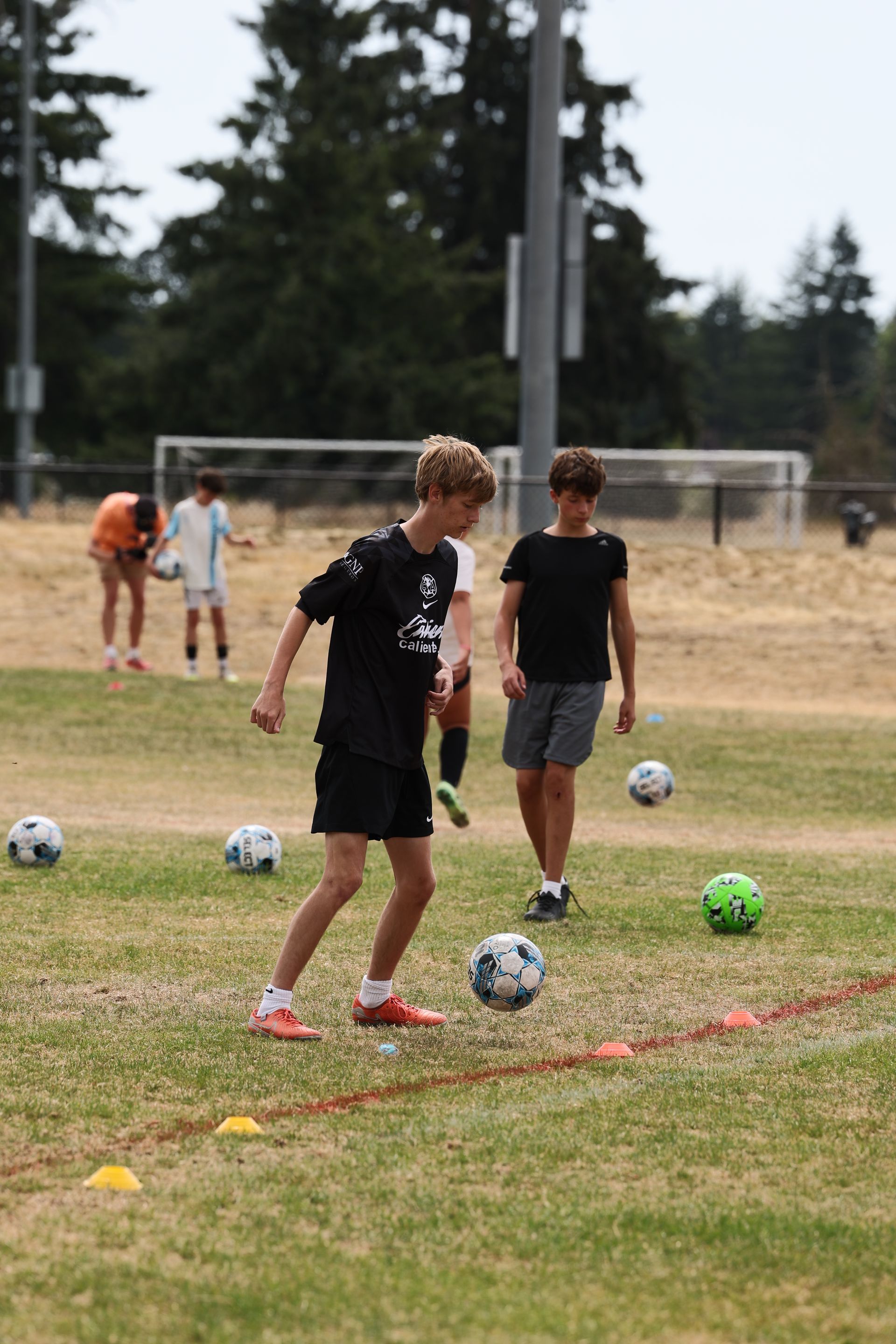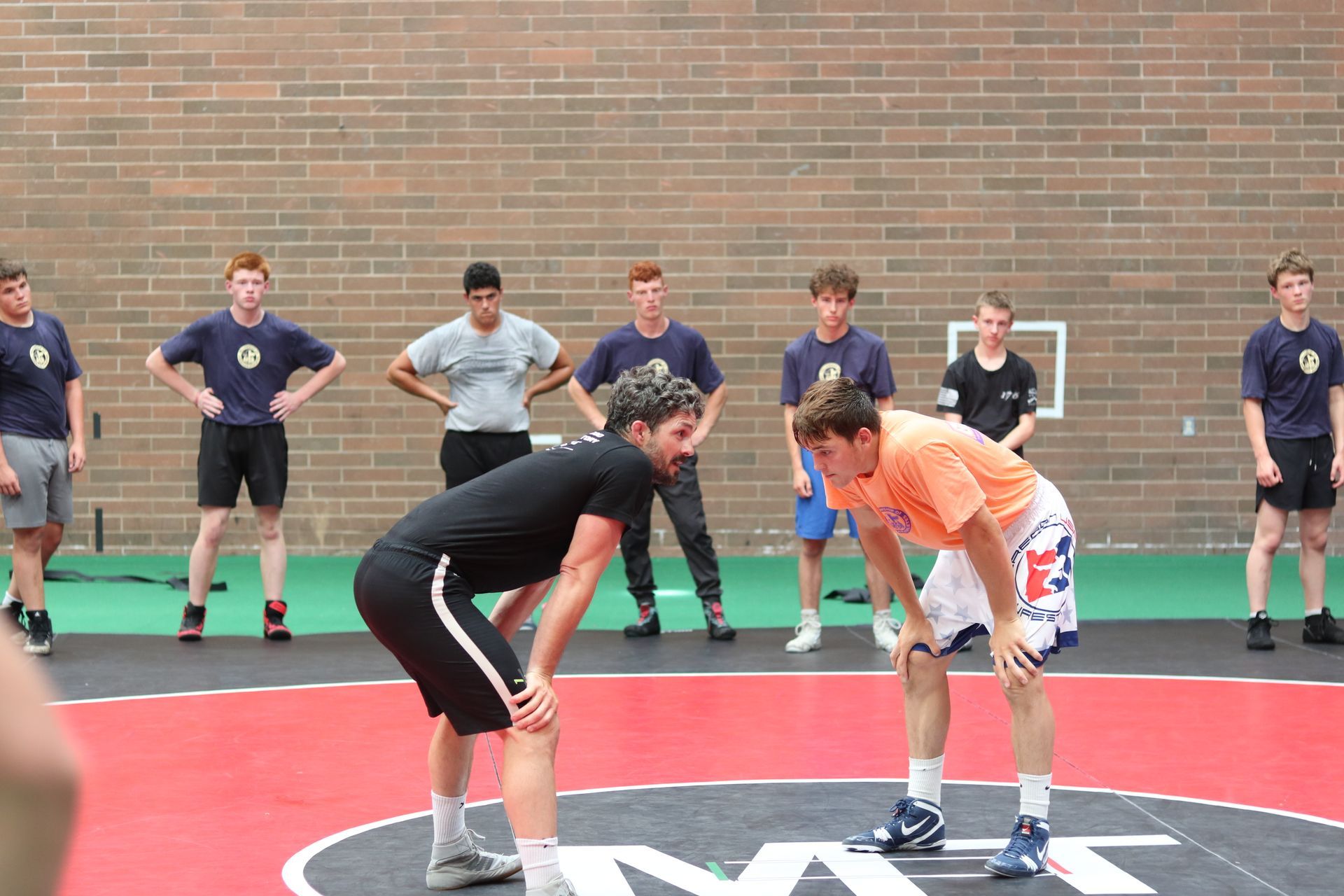
Helping Athletes Find Purpose in Practice, Not Just Performance
Helping Athletes Find Purpose in Practice, Not Just Performance
"Whatever you do, work at it with all your heart, as working for the Lord, not for human masters." – Colossians 3:23
In the world of youth sports, it's easy for athletes to chase outcomes—wins, stats, and recognition. But as a Christian coach, your calling goes deeper. You’re invited to help young athletes find purpose not just in the performance, but in the process. Practice becomes more than preparation—it becomes a space to grow in faith, character, and community.
Seeing Practice as Worship
Romans 12:1 reminds us to present our bodies as a living sacrifice, holy and pleasing to God—this is our true worship. Practice is an act of worship when done with excellence and a heart surrendered to God. Each drill, rep, and play becomes a way to glorify Him.
How to reframe practice:
- Remind athletes that effort honors God.
- Start and end with prayer, dedicating practice to Christ.
- Encourage a mindset of growth, not just results.
When practice is anchored in purpose, performance becomes a byproduct of faithfulness.
Creating a Purpose-Driven Culture
A Christ-centered team culture prioritizes development over dominance. Philippians 2:3 encourages us to do nothing out of selfish ambition but in humility consider others more important. Cultivate an atmosphere where athletes uplift each other and work hard not just for personal gain, but for the good of the team and the glory of God.
Purpose-driven culture includes:
- Team devotions that focus on spiritual growth.
- Encouraging athletes to share testimonies or Scriptures.
- Celebrating humility, effort, and encouragement as much as achievement.
Mental and Spiritual Health in Practice
1 Thessalonians 5:11 says, "Encourage one another and build each other up." Practice shouldn’t be a place of pressure—it should be a place of preparation and peace. Athletes who understand their worth isn’t tied to performance experience less burnout and more joy.
Ways to support athlete well-being:
- Check in on your athletes emotionally and spiritually.
- Give space for reflection and sharing.
- Normalize failure as part of growth.
A focus on spiritual identity leads to resilient, purpose-filled athletes.
Practical Coaching Techniques for Purposeful Practice
Helping athletes uncover purpose requires intentional strategies:
- Set goals tied to growth, not just winning.
- Ask reflective questions like “What did God teach you today?”
- Create moments for athletes to lead prayer or share challenges.
These habits shift the focus from performance-based approval to faith-filled progress.
Overcoming Challenges to Purpose
The culture of youth sports often idolizes performance. But Psalm 139:14 reminds us that we are fearfully and wonderfully made—before we ever win a game. Combat toxic pressure with spiritual truth.
Ways to stay grounded:
- Speak identity over your athletes daily.
- Redirect praise to heart, not just highlight plays.
- Use Scripture to counter lies of performance-based worth.
When young athletes know they’re loved by God regardless of outcomes, they can practice freely and confidently.
Celebrating Purposeful Progress
Victory isn’t just found on the scoreboard—it’s seen in spiritual maturity, growing relationships, and God-honoring attitudes. 1 Samuel 16:7 reminds us that God looks at the heart, not outward appearance.
Ways to celebrate spiritual growth:
- Highlight moments of encouragement, leadership, and integrity.
- Recognize when athletes serve or speak life to others.
- Celebrate “wins” like patience, perseverance, and self-control.
Practice with Purpose, Compete with Heart
Helping athletes find purpose in practice is about more than good coaching—it’s about faithful discipleship. You’re shaping not only athletes, but Kingdom-minded leaders. When practice becomes a platform for honoring Christ, every moment—big or small—has eternal value.
Reflection Questions for Coaches:
- How am I helping my athletes connect faith to their daily training?
- What kind of culture does our practice environment reflect?
- In what ways can I affirm spiritual growth in my team?
Purpose in practice leads to power in performance—not just on the field, but in life and faith.
Recent Articles












